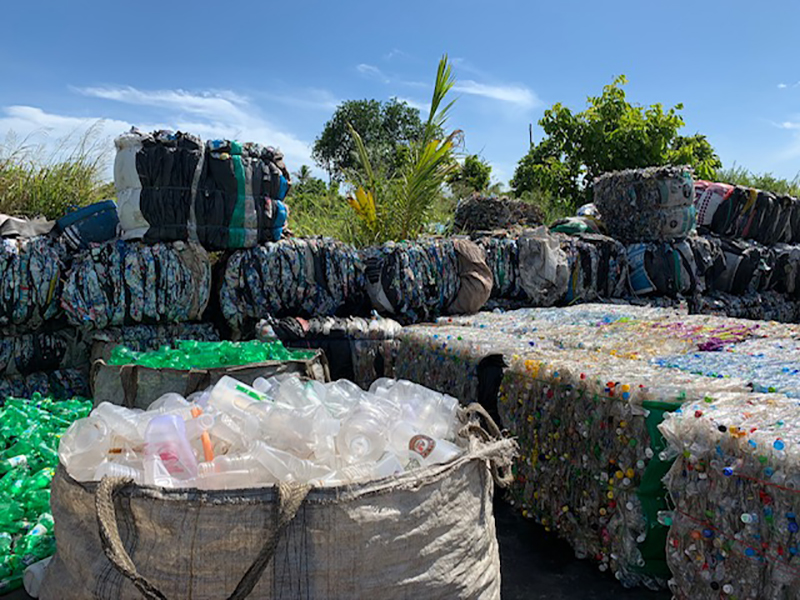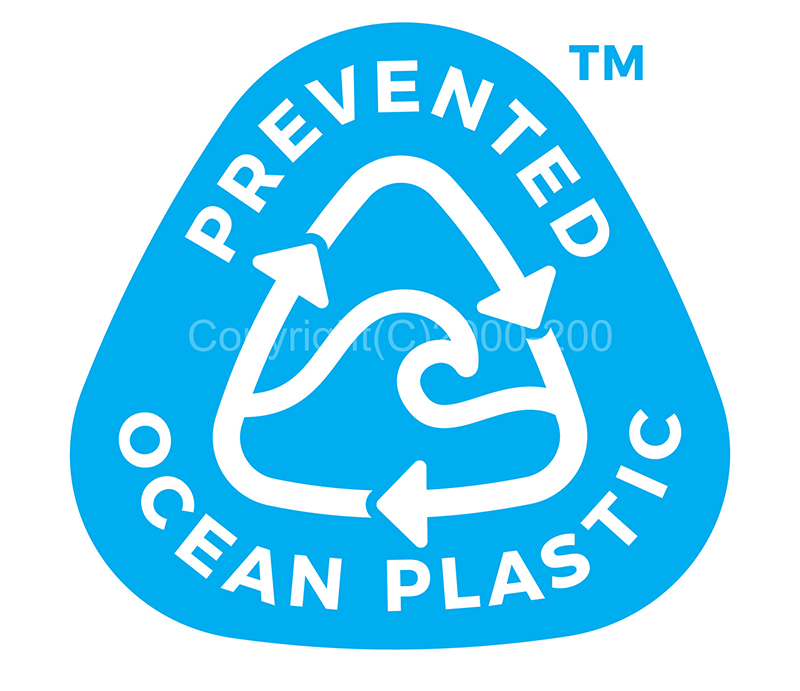"Sitting at home in my semi-retirement, I have had plenty of time to reflect on the plastic debate. I can understand people’s reluctance to use plastic as a result of David Attenborough’s programme The Blue Planet, but if we avoid it, how are we ever going to begin to clean up our oceans, beaches, and contaminated environment.
If we adopt recycling, we can sustainably re-use the plastic whilst providing jobs and a much-needed reliable income source for poorer communities. If we do not incentivise the collection and recycling of abandoned plastic around the world, it will destroy the natural environment that we take for granted.
Luckily, there is an amazing solution that is working on just that, The Prevented Ocean Plastic programme (POP). Staeger used Prevented Ocean Plastic RPET last year to make their visors for the NHS and it is amazing stuff, incredibly clean and transparent, better than the transparency we get from the UK’s mixed waste Recycling PET programme. In fact, it even has the same quality provided by a deposit return scheme!
Prevented Ocean Plastic is made from recycled plastic PET bottles (RPET) collected from coastal areas most at risk of Ocean Plastic pollution. The material is produced according to European and North American quality standards.
This ocean-bound plastic according to academic definitions would likely end up in the ocean if not collected for recycling. To be more precise, it is plastic found within 50km distance of an ocean coastline or major waterway that feeds into the ocean, where the country or region lacks waste management infrastructure and collection incentives, and there is a significant risk to wildlife if plastic contaminates their ecosystem.
It is certified by OceanCycle, who are a third-party certification provider going beyond factory production directly to bottle collection and aggregation sites in at risk ocean environments, to document the complete chain of custody.

Source: Prevented Ocean Plastic Research Centre
Prevented Ocean Plastic is a product supplied by Bantam Materials. Bantam’s certified POP product line (RPET flake and pellet) will offer brand owners and customers the ability to clearly track the materials in their products back to specific coastal communities in at risk areas such as South East Asia, South America, and the Galapagos Islands, the Mediterranean and Central America and Caribbean.
Bantam, a local company based out of Richmond in the UK, send over $100,000 a day to coastal communities for the collection and recycling of billions of bottles yearly. Bantam organises local communities to pick up the waste plastic and take it to local collection centres for payment.
Upon arrival the plastic bottles are sorted and then pressed for transport to plastic recycling factories. Here they are washed, sanitised, and processed into raw material flakes or pellets, all according to European and North American quality standards.
The recycled plastic has certified traceability from coastline collection until it becomes recycled packaging on your supermarket shelf offering you a better plastic choice. This programme developed by Bantam materials has paid for (since 2005), the recycling of over 10,000,000,000 bottles and have sent $250,000,000 to developing communities preventing plastic from reaching the ocean. It is a fantastic achievement.

Lastly, my concern is that if consumers really do want to move away from plastic, even if it is the only material that makes commercial and practical sense, how are we going to clean up our planet and work on fixing the inequalities in world income? I think we all need to take real responsibility to clean up our environment and provide income options to people in in poorer communities without using taxpayer’s money! The solution is not to be anti-plastic but rather take extreme pride in being pro-recycling. Let us change wasted plastic into a resource and give it another life through recycling."
